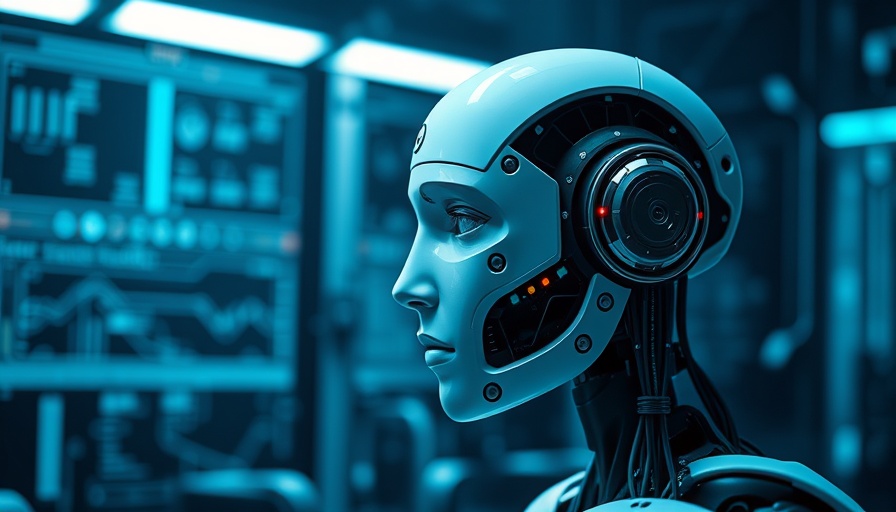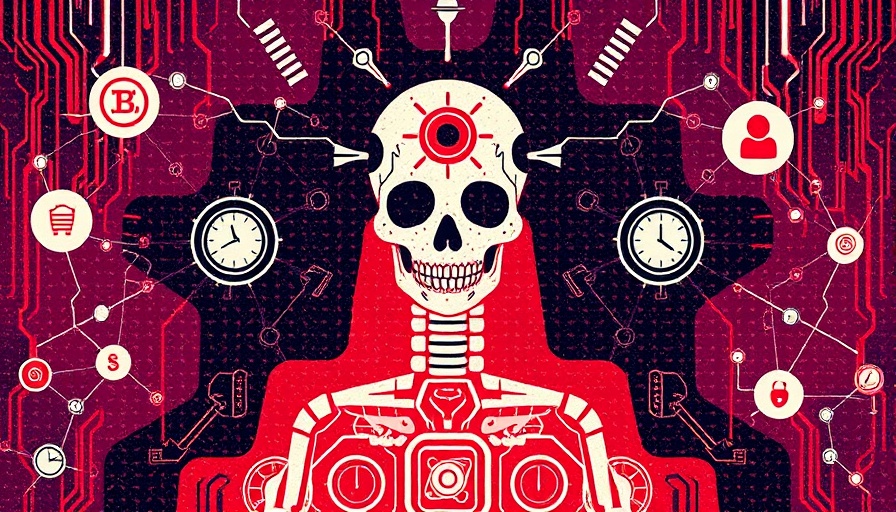
Uncontrolled AI Research: A Double-Edged Sword for Society
The rapid advancement of artificial intelligence (AI) technology, particularly in its research and applications, has ignited a fiery debate regarding its potential implications for humans and society at large. Critics warn that without proper oversight, AI innovations could exacerbate societal inequalities, benefiting only a select group of wealthy individuals and corporations while leaving the broader population vulnerable. An inclusive understanding of escalating AI technologies is crucial, especially as they continue to permeate every aspect of our lives—from healthcare to finance and beyond.
The Ethical Challenges of AI Deployment
As artificial intelligence evolves, raising ethical considerations becomes imperative. The growing prevalence of AI in various industries, including healthcare, raises urgent questions surrounding privacy, bias, and decision-making processes—issues that hold profound implications for human rights. For instance, in a world where machine learning algorithms can predict potential health risks, the accuracy and fairness of such tools come into question, particularly for marginalized groups. We must ask: how do we ensure ethical use of AI to prevent harm while maximizing its benefits?
AI for Good vs. AI for Profit
Another poignant aspect of this discussion lies in the dichotomy of AI as a tool for good versus its exploitation for profit. While AI has the potential to revolutionize industries and improve efficiency, its unchecked use could lead to adverse effects, such as job displacement and the reinforcement of existing inequalities. An important question arises: can AI-driven solutions prioritizing social value supersede those designed solely for corporate gain? Exploring partnerships between technologists and policymakers could open pathways for developing responsible AI systems that serve societal needs.
Predictions for the AI Future: Navigating the Next Five Years
Anticipating future trends in AI development isn't merely an exercise in speculation; it's a necessity. As we move toward 2025, understanding the trajectory of AI innovations and their societal impact will help frame effective regulations and guidelines. Observations indicate that AI-powered solutions will permeate customer service, marketing, and cybersecurity, fundamentally alter trends in data utilization, and redefine business operations. Technology enthusiasts and professionals alike must stay informed to engage in conversations that shape a future where AI benefits all.
Taking Action: Engage in AI Ethics Discussions
As we navigate these complexities, individuals—especially the young professionals and students who make up the tech-savvy demographic—are urged to engage in discussions about AI ethics and development. By participating in forums, attending workshops, or even simply educating themselves on the responsible implementation of AI technologies, they can help advocate for an approach that prioritizes equity and justice in technological advancement. After all, the future of AI technology will be determined not just by the advancements themselves but by the societal frameworks we construct around them.
 Add Row
Add Row  Add
Add 




Write A Comment